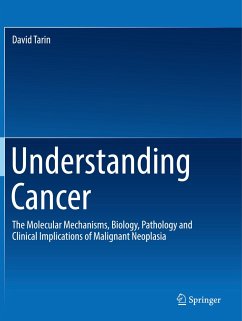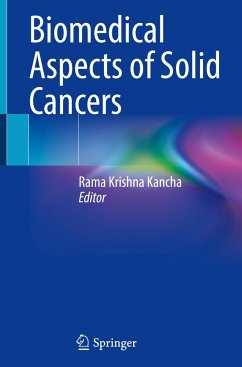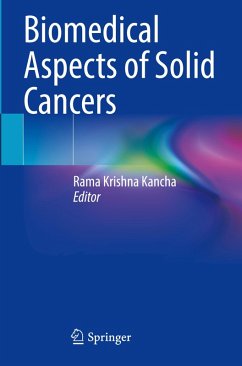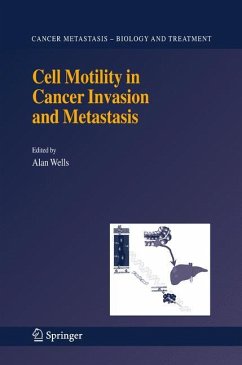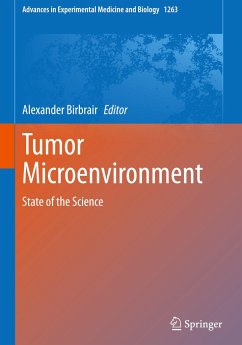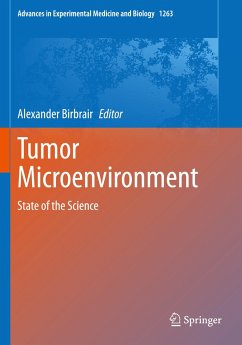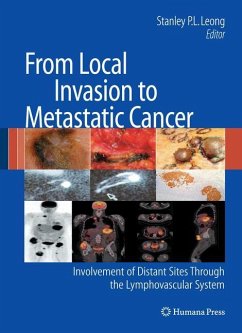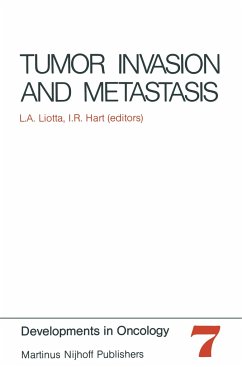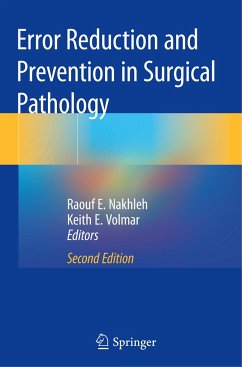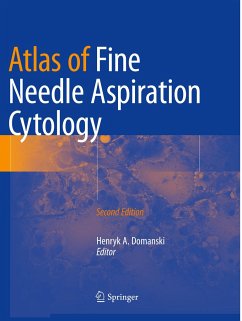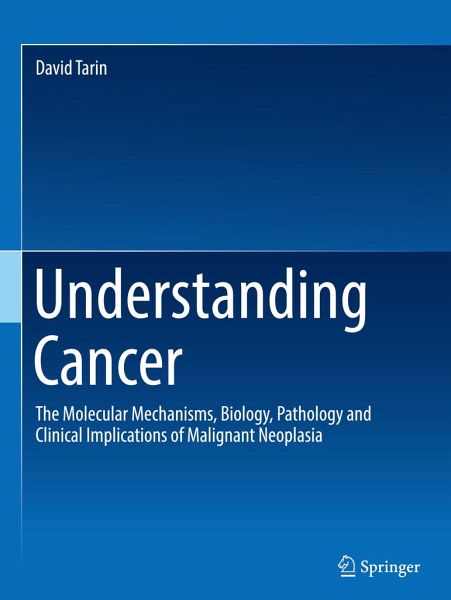
Understanding Cancer
The Molecular Mechanisms, Biology, Pathology and Clinical Implications of Malignant Neoplasia
Versandkostenfrei!
Versandfertig in 1-2 Wochen
235,39 €
inkl. MwSt.
Weitere Ausgaben:

PAYBACK Punkte
0 °P sammeln!
This book provides a unique, wide-ranging description of the phenomenon of cancer and its pathological effects in diverse species including humans, domesticated and wild animals, invertebrates, and plants. The broad scope of information presented is used to construct radical new insights into biological self-regulation and explain their relevance to its disruption by cancerous growth and spread within the human body.Mechanisms of action of carcinogenic agents, initiation, progression, metastasis, inappropriate gene expression, dormancy, latency, regression, and reasons for susceptibility and/o...
This book provides a unique, wide-ranging description of the phenomenon of cancer and its pathological effects in diverse species including humans, domesticated and wild animals, invertebrates, and plants. The broad scope of information presented is used to construct radical new insights into biological self-regulation and explain their relevance to its disruption by cancerous growth and spread within the human body.
Mechanisms of action of carcinogenic agents, initiation, progression, metastasis, inappropriate gene expression, dormancy, latency, regression, and reasons for susceptibility and/or resistance to cancer are all considered. Also discussed are criteria for pathological diagnosis, advances in treatment, implications for public health, and pitfalls in diagnosis and interpretation of experimental results.
The book describes operational mechanisms of cancer at the levels of whole individual, organ, tissue, cell, molecular, and even atomic (quantum) scales of structural and physiological order. Evidence is assembled from all these levels of organization to show that cancer is a dynamically changing disorder and that it is an inherent and perpetual risk of multicellular composition. This provides pragmatic new biological and clinical perspectives on malignant neoplasia. The biological insight is that it is a consequence of progressing miscommunication within a cellular society.The clinical perspective is realistic but optimistic in reasoning that, although cancer can never be completely eradicated from human life, because it is a disorder of our intrinsic biological constitution, it can be controlled and ameliorated and even cured in a proportion of individuals.The text is profusely illustrated with over 300 macroscopic and microscopic pictures. It will stimulate curiosity and interest specialists, as well as beginners, in many scientific disciplines and provides copiousreferences to the medical and scientific literature supporting its conclusions.Readers from fields as diverse as medicine, pathology, veterinary sciences, cell biology, molecular biology, developmental biology, and epidemiology will find the information the book contains thought-provoking, interesting, and useful. Additionally, specialists in occupational and environmental health and legal experts focusing on exposure to carcinogenic materials and pollution will find the contents valuable and informative.
Mechanisms of action of carcinogenic agents, initiation, progression, metastasis, inappropriate gene expression, dormancy, latency, regression, and reasons for susceptibility and/or resistance to cancer are all considered. Also discussed are criteria for pathological diagnosis, advances in treatment, implications for public health, and pitfalls in diagnosis and interpretation of experimental results.
The book describes operational mechanisms of cancer at the levels of whole individual, organ, tissue, cell, molecular, and even atomic (quantum) scales of structural and physiological order. Evidence is assembled from all these levels of organization to show that cancer is a dynamically changing disorder and that it is an inherent and perpetual risk of multicellular composition. This provides pragmatic new biological and clinical perspectives on malignant neoplasia. The biological insight is that it is a consequence of progressing miscommunication within a cellular society.The clinical perspective is realistic but optimistic in reasoning that, although cancer can never be completely eradicated from human life, because it is a disorder of our intrinsic biological constitution, it can be controlled and ameliorated and even cured in a proportion of individuals.The text is profusely illustrated with over 300 macroscopic and microscopic pictures. It will stimulate curiosity and interest specialists, as well as beginners, in many scientific disciplines and provides copiousreferences to the medical and scientific literature supporting its conclusions.Readers from fields as diverse as medicine, pathology, veterinary sciences, cell biology, molecular biology, developmental biology, and epidemiology will find the information the book contains thought-provoking, interesting, and useful. Additionally, specialists in occupational and environmental health and legal experts focusing on exposure to carcinogenic materials and pollution will find the contents valuable and informative.



